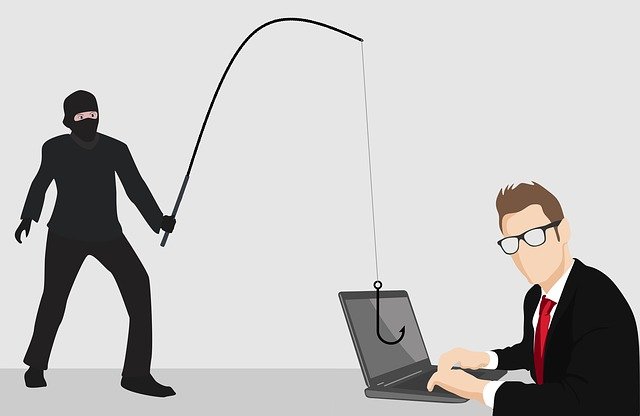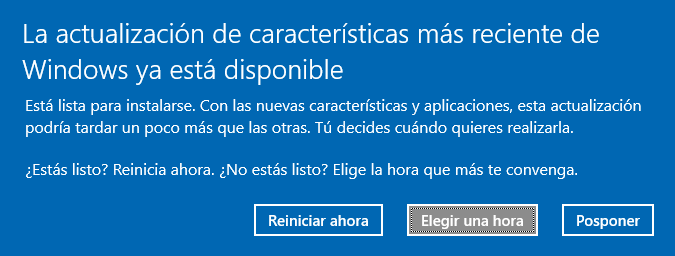Information and Communication Technologies (ICT'S)
INTRODUCTION
The information and communication technologies - ICT, have facilitated the interconnection between people and different entities worldwide and has crossed economic, geographical, religious, etc. barriers.
The application of ICTs is used as a means to acquire business skills, knowledge to use the criteria of effectiveness and efficiency and value generation in the improvement of business processes, which has achieved that the technological factor has a relevant position in companies.
The following is a short presentation on the topic of ICTs:
INFORMATION AND COMMUNICATION TECHNOLOGIES
They are technologies that provide changes in society, generating knowledge, also facilitating the interconnection between people and institutions, excluding spatial and cultural barriers.
The main elements that make up ICTs are:
Technology: It comprises a set of techniques, knowledge and processes, which serve for the design and construction of objects and thus meet human needs.
Information: It is a set of organized data that the system captures, processes, stores and distributes.
Information is fundamental for people, since from the cognitive process that is continuously acquired,
Information is fundamental for people, since from the cognitive process that is continuously acquired,
decisions are made that give rise to the actions of the human being.
Communication: It is the transmission of messages between people. People, in addition to receiving information from others, need to communicate, express thoughts, feelings, desires, coordinate the behaviors of coexistence groups, among many other actions.
Tics refers to "the study, development, implementation, storage and distribution of information through the use of hardware, software and communications as a means of computer systems. These technologies basically provide information, tools for its processing and communication channels".
Now, let's see the advantages and disadvantages of ICTs:
ADVANTAGES
- They facilitate communications.
Today, anyone with Internet access can be a receiver or sender of information, thanks to systems that solve the way in which information is published through blogs, wikis, sites like Youtube, social networks such as Facebook, Twitter, among others. - Innovative responses to the challenges of the future are increasing.
ICTs have great and varied resources that allow facing the new challenges imposed by society and today's world. - They eliminate time and space barriers.
ICTs eliminate geographical barriers, since anyone can access the information they need from anywhere.They allow equal access to information and knowledge.
With only a computer, a cell phone, a video console and Internet access, it is possible to access multiple interactive services. - They allow equal access to information and knowledge.
By simply having a computer, a cell phone, a video console and Internet access, it is possible to access multiple interactive services. - They potentially raise the quality of life of individuals.
By means of tele-education systems, it is possible to study a university degree through the Internet, thus obtaining a professional degree, or to access continuing education courses. Thus facilitating access to education and culture.
DISADVANTAGES
- Disparities in its diffusion and use.
It is one of the great risks of the day to day, due to the ease with which information of all kinds is obtained and manipulated. - Lack of privacy.
ICT users make private information available to many people, which is often used inappropriately. - Isolation and addiction.
It makes it easier for the user to buy or acquire whatever he wants without leaving home, even if he only communicates with the computer, which will lead to a decrease in human relationships and the loss of social values. - Fraud.
Organizations are exposed to new fraud trends that have found more sophisticated technological scenarios and are rapidly diversifying along with innovation. - Permanent updating of hardware and software.
Upgrades are improvements that must be made in order to maintain optimal operation, repair failures, errors and vulnerabilities that may occur in different systems. - Unreliable information.
Information on ICTs is so easy to find that many are unreliable and have a partial view of reality.
Short Activity
The following is a word search activity on some key words related to the topic of this section, ICT:










Comentarios
Publicar un comentario